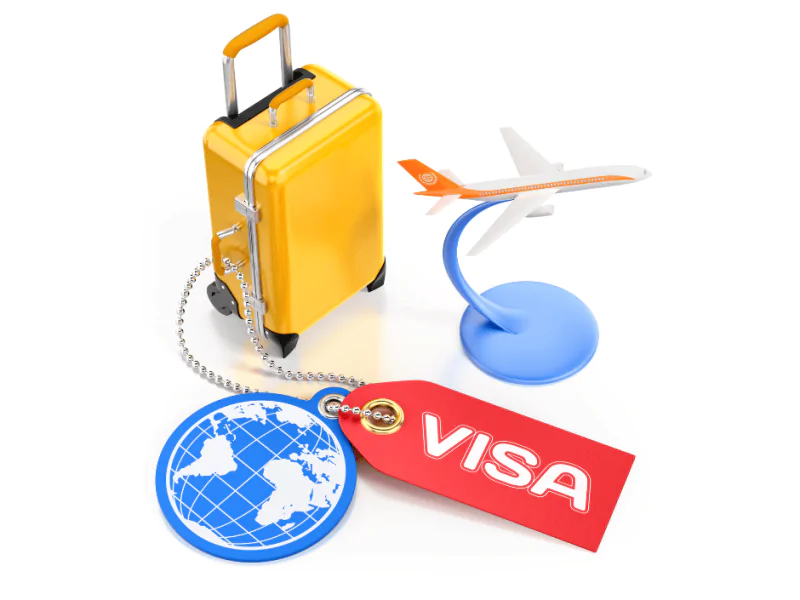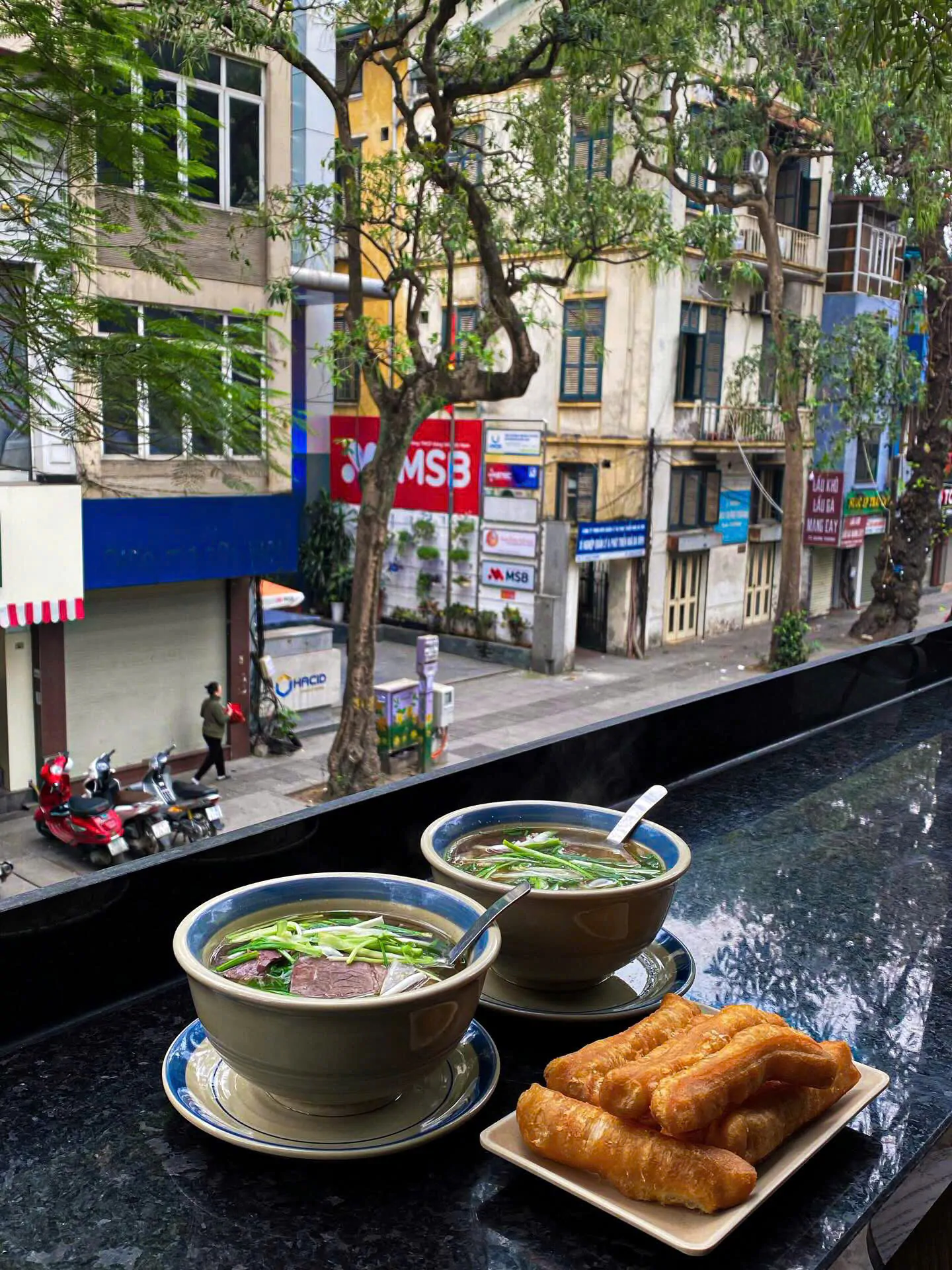Contents
Vietnam travel has become one of the most attractive experiences in Asia, drawing not only short-term tourists but also people who wish to live, work, or retire long-term. Thanks to its affordable cost of living, warm climate, welcoming communities, and rich culture, Vietnam continues to appeal to thousands of international visitors every year. It is no surprise that many travelers look for opportunities to extend their stay far beyond the standard 30-day or 3-month visas. While Vietnam does not currently provide a traditional “10-year tourist visa,” there are several legal options available that make long-term Vietnam travel possible. These pathways allow foreigners to remain in the country for years and, in some cases, even settle permanently. Below are some of the most common and reliable solutions.

1. Temporary Residence Card (TRC)
The Temporary Residence Card (TRC) is one of the most popular ways for foreigners to live in Vietnam long-term. It is typically issued to foreign employees, investors, or family members of Vietnamese citizens.
Validity: 2–5 years, renewable before expiration.
Eligibility: To qualify, you generally need a valid work permit (if you are employed by a Vietnamese company) or an investment certificate (if you are an investor). Dependents, such as spouses and children, may also be eligible.
Benefits: TRC holders can freely enter and exit Vietnam without the need to apply for multiple visas. It also simplifies many administrative procedures, such as opening bank accounts, renting property, or applying for local services.
For many expats, the TRC is the first practical step toward building a stable life in Vietnam.

2. Permanent Residence Card (PRC)
For those seeking maximum stability, the Permanent Residence Card (PRC) is the closest option to a “10-year visa.”
Validity: 10 years.
Eligibility: PRC is only granted under specific conditions, such as:
Foreigners who have made significant contributions to Vietnam.
Scientists, researchers, or experts invited to support national projects.
Foreigners with close family ties to Vietnamese citizens (such as spouse, parents, or children).
Approval: The PRC is rare and requires approval from the Ministry of Public Security.
With a PRC, foreigners enjoy many of the same benefits as Vietnamese citizens, including fewer visa restrictions and more straightforward residency rights. However, it is difficult to obtain unless you meet strict criteria.
3. Investor Visa (ĐT Visa)
Vietnam encourages foreign investment, and one way to stay long-term is through an Investor Visa.
Eligibility: Granted to foreigners who establish a company in Vietnam, contribute capital, or invest in Vietnamese businesses.
Validity: Depending on the investment level, investors may apply for a TRC valid for up to 5 years, which can be renewed indefinitely.
Benefits: In addition to residency rights, investors can directly participate in the fast-growing Vietnamese economy, which is one of the most dynamic in Southeast Asia.
For entrepreneurs and business-minded individuals, the Investor Visa is a strategic choice that combines residence with financial opportunity.
4. Marriage to a Vietnamese Citizen
Another pathway to long-term stay is through marriage to a Vietnamese citizen.
Eligibility: Foreigners married to Vietnamese nationals are entitled to apply for residence cards.
Validity: Typically valid for several years and easily renewable.
Pathway to PRC: After a certain period of marriage and residence, foreign spouses can apply for Permanent Residence.
This option not only provides residency stability but also deepens integration into Vietnamese society, allowing foreigners to build families and lives that are deeply connected to local communities.
5. Vietnamese Citizenship
For those committed to making Vietnam their permanent home, naturalization is the final step.
Requirements: Applicants must have lived in Vietnam for several years, demonstrate knowledge of the Vietnamese language, and meet residency and legal requirements.
Benefits: Once naturalized, foreigners are treated as Vietnamese citizens, which means no visa requirements and full rights within the country.
Considerations: Vietnam generally does not recognize dual citizenship, so applicants may need to renounce their original nationality, depending on their case.
6. Conclusion
While Vietnam does not offer a simple “10-year visa,” there are several long-term solutions that can give foreigners the ability to live, work, and thrive here for many years. The most accessible option for many is the Temporary Residence Card (TRC), while the most stable and secure is the Permanent Residence Card (PRC). Investors, spouses of Vietnamese citizens, and those seeking naturalization all have unique pathways to remain in Vietnam for the long term.
If your dream is to stay in Vietnam beyond a short visit, the key is to choose the residency option that best matches your lifestyle, career, and future plans. With the right approach, what begins as a short trip could easily turn into a decade or even a lifetime in this beautiful country.
👉 For personalized guidance, Vietnam Discovery Tours offers professional visa consulting services to help you select the right long-term solution. Our team assists with TRC, PRC, investor visas, marriage-related applications, and more.
📩 Contact us directly via WhatsApp: +84 799 702 888 for quick support and step-by-step advice.

















